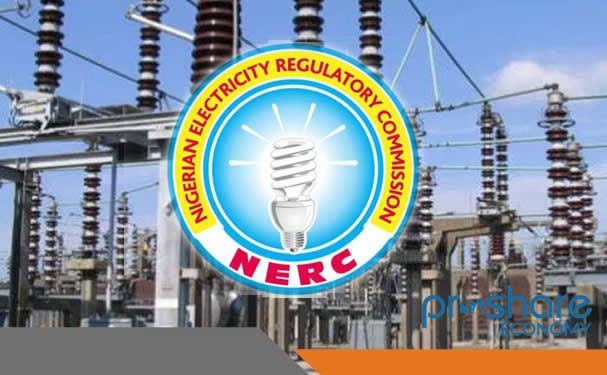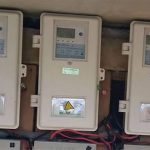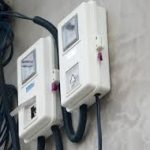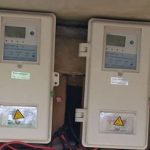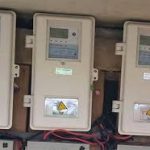The Nigerian Electricity Regulatory Commission (NERC) has directed all electricity distribution companies (DisCos) to publicly disclose the refunds they have made to customers who purchased meters under the Meter Asset Providers (MAP) scheme.
The directive, announced on Monday through NERC’s social media platforms, comes amid growing concerns from consumer groups over the lack of consistency in refunding customers who paid upfront for meters. The decision was reinforced at the commission’s first Nigerian Electricity Supply Industry (NESI) Stakeholders meeting of 2025.
Under the MAP framework, third-party investors provide and maintain electricity meters, while customers pay metering service charges. According to NERC regulations, customers who opt to pay upfront must be reimbursed through energy credits by the distribution companies, with the repayment schedule approved by the commission based on the financial standing of each DisCo. However, many customers have complained about delays or non-payment of these refunds.
To ensure transparency and encourage participation in the scheme, NERC has now mandated DisCos to publish the details of all MAP refunds on their websites.
“This directive is to ensure transparency and demonstrate commitment to the scheme. It will also reassure customers and encourage more people to take part in the metering program,” the commission stated.
Nigeria faces a significant metering gap, with over seven million electricity users still unmetered. Many customers rely on estimated billing, which has been widely criticized as inaccurate and exploitative. The federal government has been working on initiatives to address this gap, recognizing that effective metering is crucial for improving revenue collection and ensuring a more stable electricity market.
Special Adviser to President Bola Tinubu on Energy, Olu Verheijen, recently outlined the government’s plans to accelerate metering efforts as a way to reduce financial losses in the power sector.
“The government is intervening in the short term by ensuring that registered electricity users under DisCos have meters. No matter what the tariff structure is, metering is essential for proper revenue collection and reducing losses,” Verheijen explained.
She emphasized that the Presidential Metering Initiative aims to consolidate various metering projects funded by different organizations, allowing the government to track energy consumption, ensure affordability, and improve cash flow for electricity providers.
“This is a key step in strengthening the financial stability of DisCos, which will, in turn, help drive investments in reliability and increased access to electricity,” she added.
At its first NESI Stakeholders meeting of the year, NERC gathered industry players to address critical issues affecting the Nigerian electricity market. The discussions covered a range of topics, including tariff methodology, the impact of economic transitions, NESI liquidity challenges, financial market assessments, and the shift toward a multi-tier electricity market under state electricity regulatory commissions.
“The quarterly meeting provides an opportunity for stakeholders to assess the state of the power sector and discuss solutions to pressing challenges,” the commission noted.
With the Nigerian government pushing for greater efficiency and transparency in the electricity sector, ensuring proper metering and accountability remains a top priority. Industry players will now be under closer scrutiny to deliver on their commitments and improve service delivery to customers.


